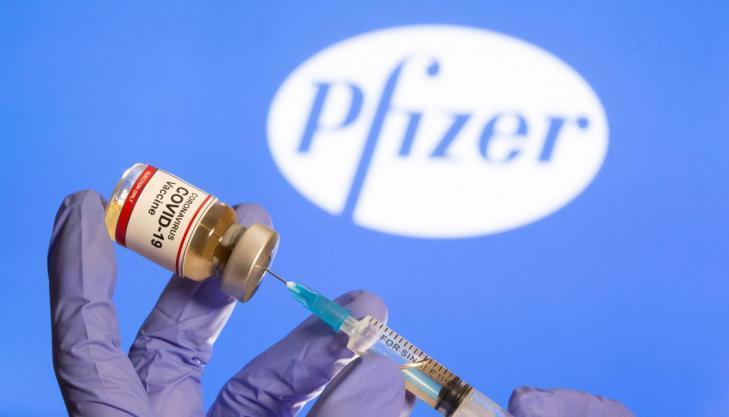By Majorca Daily Bulletin reporter
Immunity against COVID-19 has become one of the main challenges for mankind. However, its achievement is costing a lot due to the mutations that are occurring in the virus. At present, immunity can be achieved in two ways: vaccines and having recovered from the disease. The specialist in Public Health and Preventive Medicine, Joan Carles March, stated that "it is not yet clear what happens with natural immunity. In previous studies it was said that vaccination plus natural immunity protected more than vaccination alone. At the moment there are those who suggest that there are new infections in patients who have natural immunity. This makes it necessary to study it calmly".
March adds that "in studies in June of this year it was said that those infected are capable of generating antibodies against the coronavirus for the rest of their lives; one study shows the presence of long-lasting immune cells even in people who have had a mild or moderate infection. However, another story is now being told. Nearly two years into the pandemic, questions about immune responses following COVID-19 remain unclear."
The Public Health specialist clarifies that "immune responses are either innate or acquired. Innate, or short-term immunity, occurs when the immune cells that constitute the body's first line of defense are activated against a pathogen, such as a virus or bacteria. What is now known is that natural immunity is not sufficient, and contracting COVID-19 and recovering does not seem to generate protection as strong as that generated after vaccination."
In the case of the vaccines, March argues that the Pfizer and Moderna vaccines may offer a better overall response as a third dose in the presence of the new omicron variant of the coronavirus. Pfizer has a 95% efficacy at 14 days after the second dose, according to previous clinical trials. However, its effectiveness has been found to vary as new strains of coronavirus have emerged. With the emergence of the Delta variant, it is even less resistant, ranging from 70% to 75%.
"The latest studies confirm that the immunity of the Pfizer vaccine lasts at least six months with an efficacy of 90 %. In fact, there is a high probability of the need to inoculate a third dose six months after the second dose to achieve immunity. With this third dose, the antibody response could be boosted 10 to 20 times." "Booster vaccines are safe and offer variable efficacy with increased immunity after the third injection to those treated with AstraZeneca or Pfizer, although with mixed results depending on the dose combination. All of these studies do not include effectiveness against the recently sequenced omicron variant."
March made it clear that "the vaccines protect between 79% and 90%, respectively, from the most severe course of COVID and prevent hospitalizations and deaths. Finally, he added that a study in The Lancet claims that the combination of vaccines would improve protection. Specifically, two doses of Pfizer and one dose of Moderna is a better combination to increase neutralizing antibodies. On the other hand, AstraZeneca and Novavax or Moderna represent a better memory and longer duration of action.

December 14, 2021 at 02:13PM
via Majorca Daily Bulletin News Feed read more...


0 Comentarios